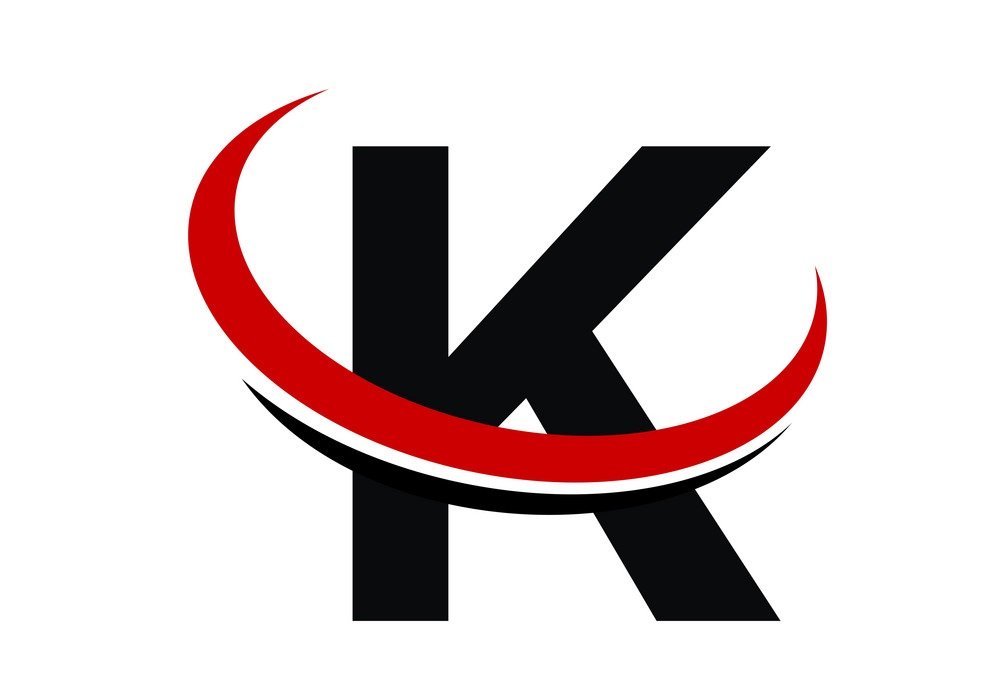A New Chapter in the Tech Battle
Mark Zuckerberg, the tech titan behind Meta, has unexpectedly emerged as a fervent advocate for open-source artificial intelligence. His stance positions him in direct opposition to industry giants like OpenAI and Google, who have predominantly pursued closed-source models for their AI development.
The Open Source Paradigm
Open source in the realm of software development implies that the program’s code is freely accessible to the public. This allows developers to examine, modify, and distribute the software, fostering collaboration, innovation, and rapid advancement. Mark Zuckerberg belief is that this same principle can be applied to AI, accelerating progress and ensuring widespread benefits.
Mark Zuckerberg Vision
In an open letter titled “Open Source AI is the Path Forward,” Mark Zuckerberg outlined his vision for an AI ecosystem built on openness and collaboration. He argued that by sharing AI models and research, the industry can collectively address challenges, improve safety, and prevent the technology from being concentrated in the hands of a few powerful entities.
Mark Zuckerberg rationale for embracing open source is multifaceted:
- Democratization of AI: Open-sourcing AI technology can make it accessible to a broader range of developers and researchers, fostering innovation and preventing AI from becoming a tool exclusive to large corporations or governments.
- Safety and Security: By exposing AI models to public scrutiny, potential vulnerabilities and biases can be identified and addressed more effectively, enhancing the overall safety and reliability of AI systems.
- Accelerated Progress: Open collaboration can lead to faster advancements in AI research as developers build upon each other’s work, sharing insights, and collectively pushing the boundaries of the field.
The Open vs. Closed Debate
The open-source approach championed by Mark Zuckerberg stands in stark contrast to the closed-source strategies adopted by OpenAI and Google. These companies have opted to keep their AI models proprietary, arguing that it protects their intellectual property and allows them to maintain control over the technology.
Proponents of the closed-source model contend that it is necessary to safeguard sensitive data and prevent misuse of AI. They also argue that significant investments in research and development are required to create cutting-edge AI models, and proprietary ownership is essential to recoup these costs.
Meta’s Open-Source Initiatives
To solidify its commitment to open-source AI, Meta has taken several concrete steps:
- Open-Sourcing AI Models: The company has released multiple AI models to the public, including large language models and image generation tools.
- Building a Strong Open-Source Community: Meta is actively engaging with the open-source community, collaborating with researchers and developers to foster a thriving ecosystem around its AI initiatives.
- Investing in Open-Source Infrastructure: The company is supporting the development of open-source tools and platforms that can facilitate AI research and development.
Challenges and Considerations
While the open-source approach holds immense promise, it is not without its challenges. Maintaining the quality and security of open-source AI models requires careful management and governance. Additionally, ensuring fair competition and preventing the misuse of open-sourced technology are critical considerations.
The Road Ahead
The debate between open and closed AI models is far from settled. As the field continues to evolve, it is likely that a hybrid approach, combining elements of both models, will emerge. Mark Zuckerberg advocacy for open source has undoubtedly sparked a crucial conversation about the future of AI and its impact on society.
Ultimately, the success of open-source AI will depend on the ability of the community to collaborate effectively, address challenges, and harness the power of collective intelligence to drive progress.
Conclusion
Mark Mark Zuckerberg championing of open-source AI has ignited a pivotal debate within the tech industry. His vision of a collaborative, democratic AI ecosystem stands in stark contrast to the closed-source models pursued by other giants. While open-source promises accelerated innovation, democratization, and enhanced safety, it also presents challenges in terms of quality control, security, and potential misuse.
The future of AI will likely be shaped by a dynamic interplay between open and closed approaches. The ultimate impact of Mark Zuckerberg strategy will depend on the ability of the open-source community to foster a robust ecosystem, address potential pitfalls, and ensure that the benefits of AI are distributed equitably. As the technology continues to evolve, the world watches with anticipation to see whether open-source AI will indeed be the path forward.

